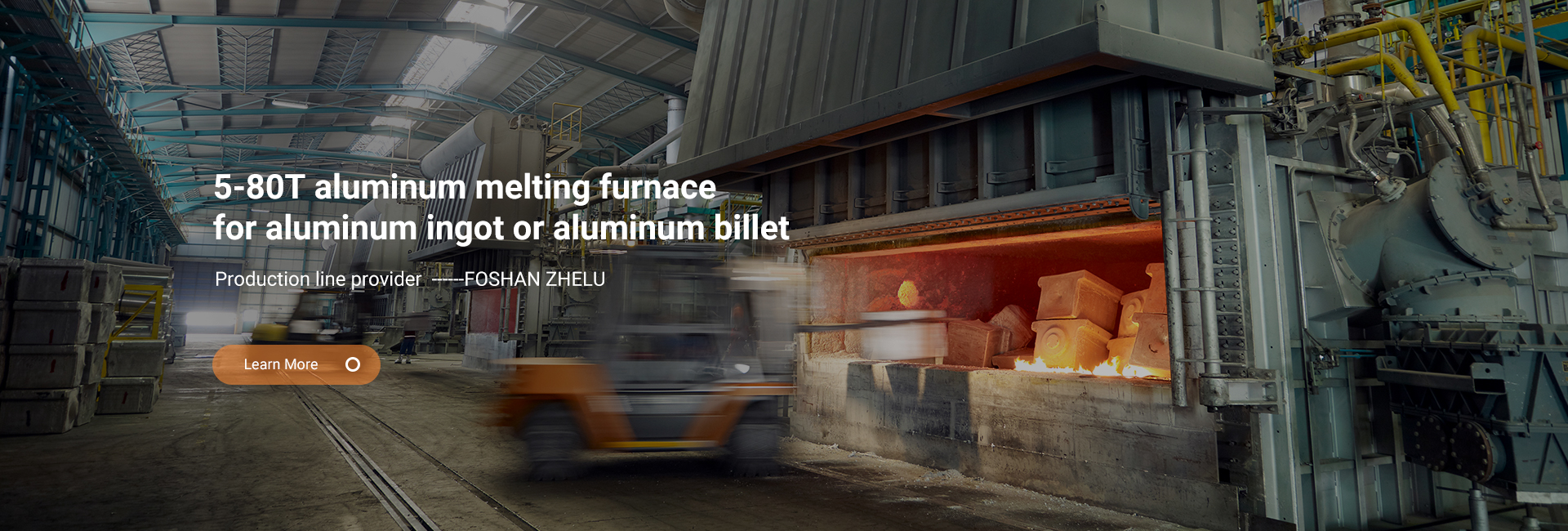In the aluminum products production process, the proper control and regulation of molten metal flow are essential to ensuring the efficiency and quality of the casting operation. A key component that facilitates this control is the aluminum stopper cone. This specialized refractory plays a critical role in tapping molten aluminum from the furnace to the downstream casting system. This article explores the function and significance of aluminum stopper cones in aluminum products production.
Flow Control: The design of the stopper cone allows control of the molten metal liquid flow. This feature ensures a steady and uniform rate of metal discharge, preventing that the mental liquid flow and inconsistent mold filling. The controlled flow rate also in avoiding casting defects and achieving higher casting yields.
Thermal Insulation: The stopper cone made from high aluminum fiber material, non-stick aluminum and non-slagging. This helps in maintaining the temperature of the molten metal as it passes through the stopper cone, minimizing the heat loss and ensuring optimal casting conditions. By providing insulation, aluminum silicate products in achieving proper solidification of the aluminum alloys,reducing the risk of shrinkage defects and ensuring dimensional accuracy in the cast components.
Resistance to Corrosion and Erosion: The aluminum stopper cone is typically made from high-quality refractory materials that has superior resistance to corrosion and erosion caused by the molten aluminum. Stopper cone high hardness,this long service life ensures the aluminum stopper cone durability and performance over extended periods of use.
The Security and Adaptability: The stopper cone usually application behind the aluminum melting furnace to control the aluminum liquid flow. In hot top casting process, it also used in avoiding metal liquid flow out cause explosion.
Aluminum silicate products play a vital role in aluminum alloy casting, offering several benefits that enhance the quality and performance of the final cast components. By modifying the casting process, providing thermal insulation, these products contribute to achieving high-quality, structurally sound aluminum castings.
Post time: Jul-22-2023





